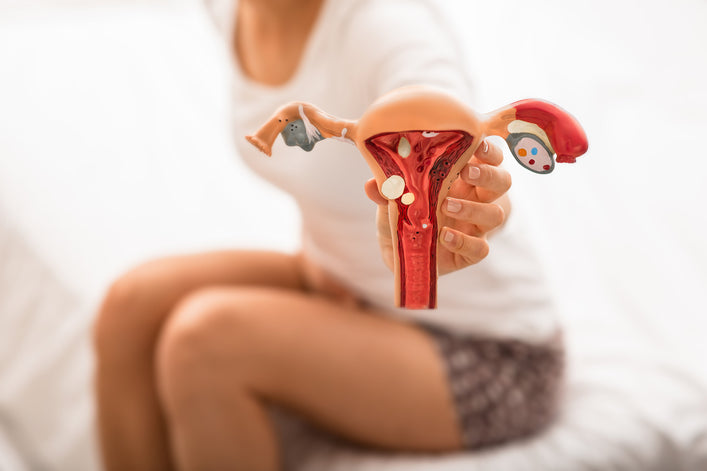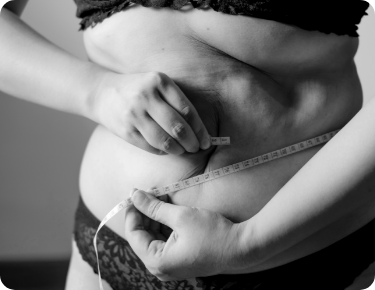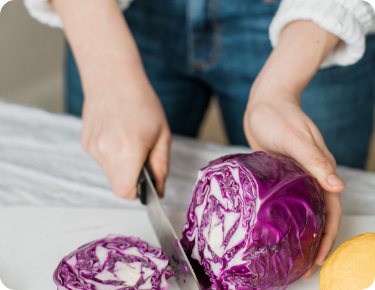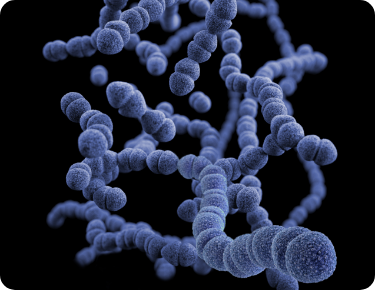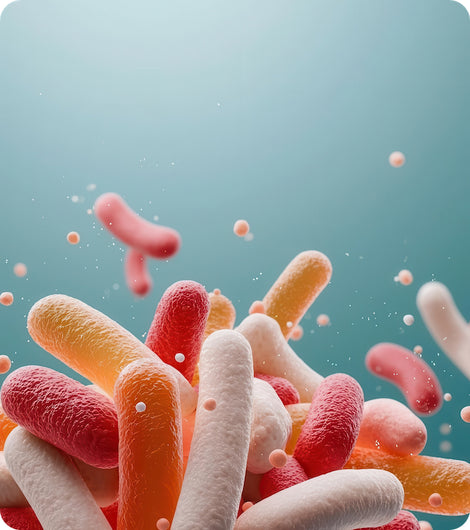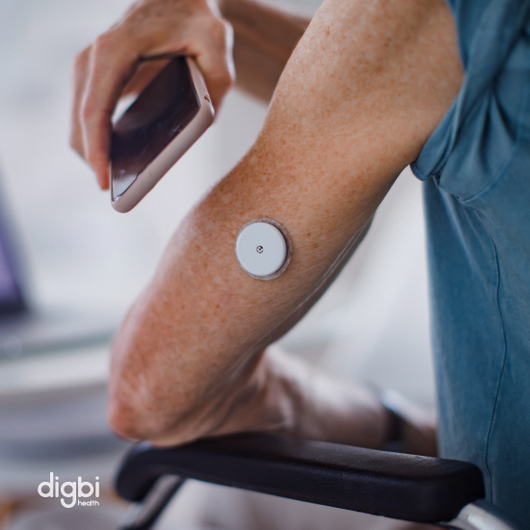Did you know that irritable bowel syndrome (IBS) is more common in women than in men? While the same symptoms (stomach pain, bloating, constipation, and gas) are present in both men and women, women are more likely to experience them with greater severity.
Moreover, women with IBS tend to experience greater fatigue, anxiety, depression, and overall lower quality of life than men with IBS. Social norms, pressures, and taboos might be behind this phenomenon:
Men and women also experience gastroesophageal reflux disease (GERD) differently. In this case, though, the outcome is seen to be more favorable to women. GERD occurs when the stomach contents (food + digestive juices such as hydrochloric acid) push back upwards into the esophagus. Women are more likely than men to report heartburn and related symptoms to their physicians and seek treatment sooner. This keeps serious complications from brewing. Men, on the other hand, tend to disregard these symptoms for longer or downplay their severity.
However, women often tend to blame their more embarrassing symptoms such as bloating or gas on “what they ate,” and are typically more reluctant to discuss them, even with their female friends. Gut dysfunction gets diagnosed at a later stage in such cases.
Video by Digbi Health
Factors that influence women’s digestive issues
Hormones
Female-specific hormones estrogen and progesterone may affect the digestive process. Moreover, the anatomical location of the uterus and ovaries makes the colon’s pathway longer and more complex. This, coupled with hormonal fluctuations, can lead to a slower emptying-out process. Bloating, constipation and nausea may result.
Women may also notice digestive changes during the second half of their menstruation cycle. Surges in progesterone and estrogen levels can cause varying amounts of digestive system discomfort. Also, a type of cyclic fatty acid with variable hormone-like effects is produced during menstruation, known as ‘prostaglandin,’ which signals the uterine wall to contract. Excess prostaglandins can cause painful abdominal cramping and inflammation as they come in contact with the bowel wall.
Gut biome composition might also change during pregnancy. Lastly, if you’re postmenopausal and suffer from constipation, the drop in your progesterone levels may be a contributing factor.
Stress
And then there’s stress, which worsens just about every condition. Hormonal changes associated with menstruation can increase stress levels, and, as a result, the severity of IBS symptoms. Gut-related issues are rarely confined to the gut: the gut-brain axis’ workings are closely related to mental health states.
Ethnicity
A complex interplay of hormones, stress, inflammation, and gut microbiota influences not only gut health, but also the risk of colorectal cancer in women. Studies have shown subtle, but significant differences in the gut microbial composition among various ethnicities. Within the gut microbiota of Americans, there are at least 12 microbial taxa that are seen to vary in abundance across ethnicities.
One study of the differences in gut microbiota of Caucasian and African-American women investigated the risk of developing colorectal cancer. The abundance of Bacteroides, a colorectal cancer-associated group of bacteria, was greater among African-Americans compared to Caucasians.
Steps you can take to optimize your gut health
Including pre-and probiotics in your daily diet will provide a new lease on life for your gut! Eat meals rich in fiber and healthy fats from ghee or fatty fish. Include fermented foods like sauerkraut or kimchi, and healing nourishing bone broth, and avoid inflammatory foods.





